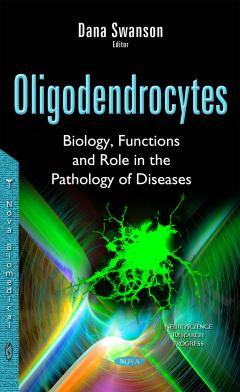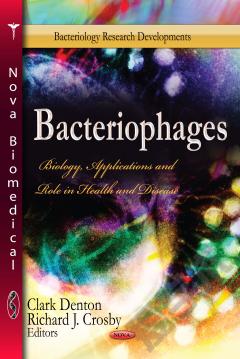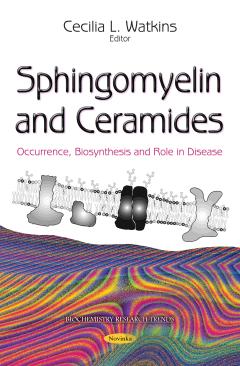Leukocytes: Biology, Classification and Role in Disease
White blood cells, or leukocytes are cells of the immune system involved in defending the body against both infectious disease and foreign materials. Five different and diverse types of leukocytes exist, but they are all produced and derived from a multipotent cell in the bone marrow known as a hematopoietic stem cell. They live for about 3 to 4 days in the average human body. In this book, the authors present current research in the study of the biology, classification and role in disease of leukocytes. Topics include an analysis of peptides and proteins isolated from alligator leukocytes; modification of immune cell activity by neuroendocrine mediators and development of disease; congenital defects of phagocytes; leukocyte mitochondrial membrane potential in type 1 diabetes; biology of human myeloid dendritic cells; and the leukocyte expression of CD36 as a biomarker for Alzheimer's disease.
{{comment.content}}








 京公网安备 11010802027623号
京公网安备 11010802027623号